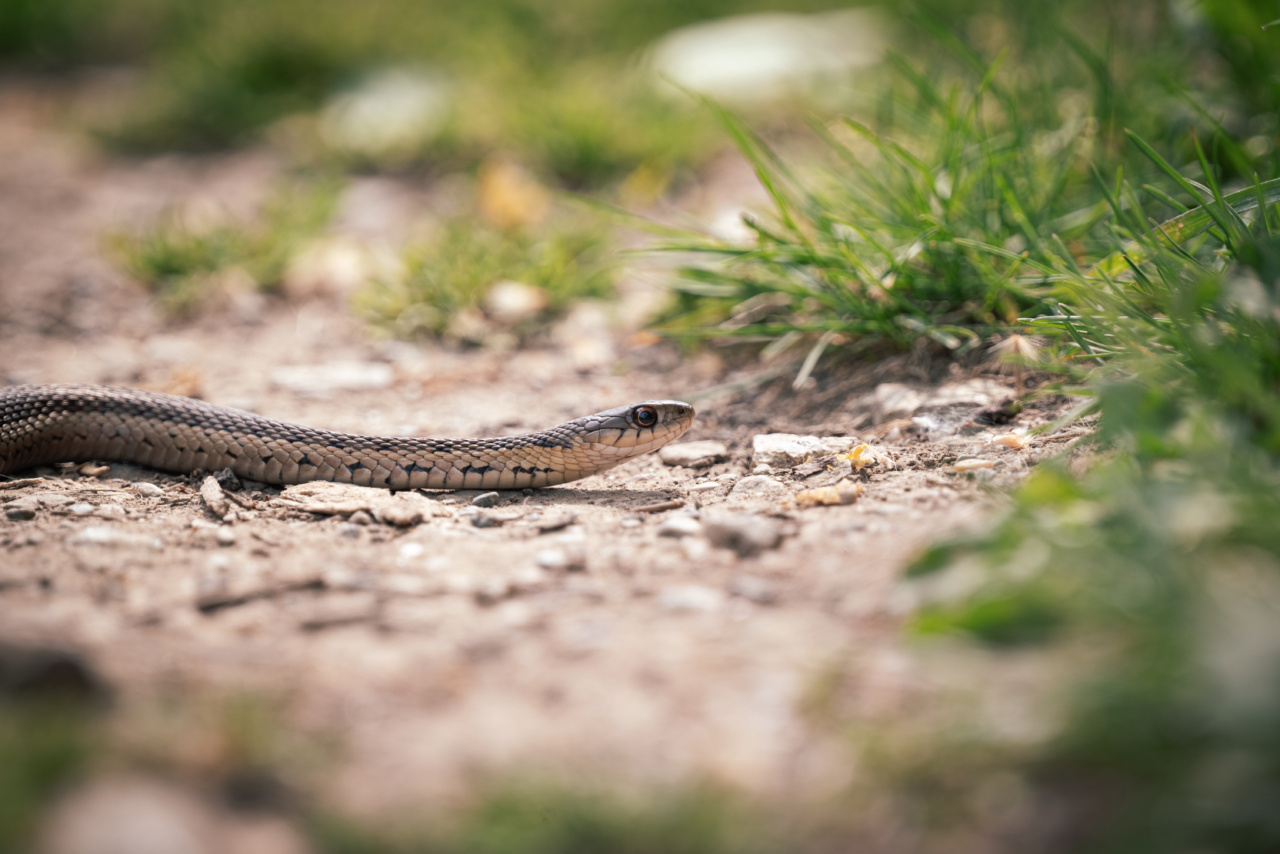Kidney stones, also known as renal calculi, are hard deposits that form in the kidneys when there is an imbalance in the urine concentration. These tiny crystalline stones can cause severe pain and discomfort as they pass through the urinary tract.
While some individuals may be aware of certain risk factors that contribute to kidney stone formation, there are several surprising reasons that can lead to developing kidney stones without much awareness. Let’s explore some of these lesser-known factors and understand how they can affect the formation of kidney stones.
1. Dehydration
One of the primary reasons for kidney stone development is dehydration. When you don’t consume an adequate amount of fluids throughout the day, your urine becomes more concentrated, increasing the risk of stone formation.
It is important to stay properly hydrated by drinking enough water, especially in hot weather or during physical activities.
2. Sedentary Lifestyle
Leading a sedentary lifestyle with minimal physical activity can also put you at a higher risk for kidney stones. Regular exercise helps in maintaining healthy urine flow and prevents the accumulation of minerals that form stones.
Incorporating moderate exercise into your routine can help reduce the chances of kidney stone formation.
3. Excessive Sodium Intake
Consuming an excessive amount of sodium in your diet can contribute to the development of kidney stones. High sodium levels in your body can increase the excretion of calcium through urine, thereby raising the risk of stone formation.
Limiting your sodium intake by avoiding processed foods, preservatives, and excessive salt usage can be beneficial for your kidney health.
4. Inadequate Calcium Consumption
Contrary to popular belief, consuming an insufficient amount of calcium can actually lead to kidney stone formation. Calcium binds with oxalate, a substance found in certain foods, and prevents it from being absorbed by the body.
When there is a lack of calcium, the oxalate is not properly excreted and can combine with other minerals to form stones. It is important to include calcium-rich foods in your diet while maintaining a balance.
5. High Oxalate Intake
Oxalate is a natural substance found in many foods and can contribute to the development of kidney stones. Certain foods such as spinach, beets, rhubarb, chocolate, and nuts are high in oxalate content.
Consuming these foods in excess can increase the risk of stone formation. It is advisable to maintain a balanced diet and consider limiting the intake of oxalate-rich foods if you are prone to kidney stones.
6. Chronic Urinary Tract Infections
Individuals with a history of recurrent urinary tract infections (UTIs) may be more susceptible to kidney stone formation.
The infection can introduce bacteria into the urinary system, leading to the production of certain substances that contribute to stone formation. Taking necessary precautions to prevent UTIs, such as maintaining proper hygiene and seeking prompt treatment, can reduce the risk of kidney stones.
7. Obesity
Obesity is a known risk factor for various health conditions, including kidney stones. Excess body weight can affect urine composition and increase the levels of stone-forming substances.
Furthermore, obesity is often associated with other conditions such as diabetes and high blood pressure, which further contribute to the development of kidney stones. Maintaining a healthy weight through proper diet and regular exercise can help prevent kidney stone formation.
8. Certain Medications
Some medications can increase the risk of kidney stones. For instance, long-term use of certain diuretics, calcium-based antacids, and even excessive vitamin D supplements can contribute to stone formation.
If you are taking any of these medications, it is important to discuss potential risks with your healthcare provider and explore alternative options if necessary.
9. Family History
While certain lifestyle factors play a significant role in kidney stone formation, genetics also play a crucial role. If you have a family history of kidney stones, you are at a higher risk of developing them yourself.
Understanding your family’s medical history can help you take proactive measures to reduce the risk and prevent kidney stone formation.
10. Underlying Medical Conditions
Several underlying medical conditions can increase the likelihood of developing kidney stones. Conditions such as hyperparathyroidism, gout, and inflammatory bowel disease can disrupt normal urinary functioning and contribute to stone formation.
If you have any of these conditions, it is important to consult with your healthcare provider for appropriate management and preventive measures.
Prevention and Management
While there may be surprising reasons for developing kidney stones without awareness, there are also effective measures you can take to prevent their formation:.
1. Hydration
Drink an adequate amount of water throughout the day to maintain urine dilution and promote regular flushing of minerals.
2. Balanced Diet
Follow a balanced diet that includes a variety of fruits, vegetables, and whole grains. Limit the intake of oxalate-rich foods and maintain proper calcium consumption.
3. Physical Activity
Engage in regular physical activity to promote healthy urine flow and prevent mineral accumulation.
4. Sodium Restriction
Avoid excessive sodium intake by limiting processed foods, fast food, and excessive salt usage.
5. Regular Check-ups
Regularly visit your healthcare provider, especially if you have a family history of kidney stones or any underlying medical conditions that increase the risk.
Conclusion
While kidney stones may develop without much awareness of the contributing factors, understanding these surprising reasons can help individuals take necessary steps to prevent their formation.
By staying properly hydrated, maintaining a balanced diet, engaging in physical activity, and addressing any underlying medical conditions, one can reduce the risk of developing kidney stones. It is important to prioritize kidney health to lead a healthy and stone-free life.































